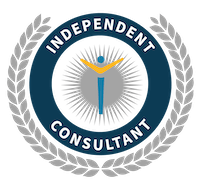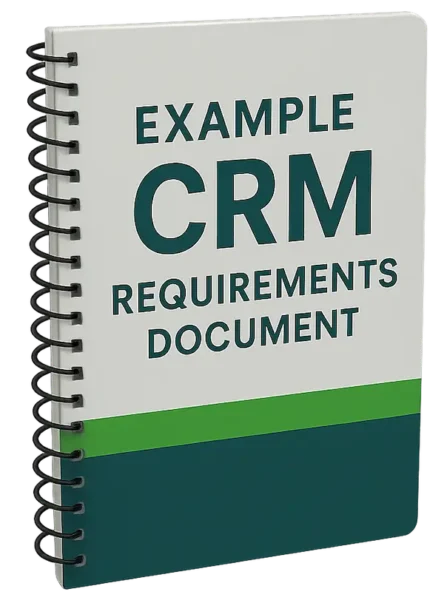 There are a lot of reasons why your business may be considering switching to a new CRM system. No matter how good a particular CRM vendor is, their product will never be a perfect fit for every business. Making sure that your company has the best tools for servicing your clients may require a change in your CRM vendor.
There are a lot of reasons why your business may be considering switching to a new CRM system. No matter how good a particular CRM vendor is, their product will never be a perfect fit for every business. Making sure that your company has the best tools for servicing your clients may require a change in your CRM vendor.
Let’s be clear: change isn’t bad. Changing CRM systems doesn’t mean that you did anything wrong, or that your original system was somehow flawed. All it really means is that a particular solution doesn’t meet your current needs as well as you’d hoped it would.
That’s OK. Fortunately, there are a lot of other options out there.
If and when you decide to switch CRM vendors, there are some steps you can take to ease the transition, and help ensure that your new system meets your needs for the foreseeable future.
Why Switch?
Switching CRM systems isn’t an easy decision, but there are valid reasons for doing so. Your current system may not offer features that would benefit you, they may not have apps for the mobile devices your team uses, or you may just not like the interface. Whatever your reasons, know that you’re not alone.
Defining Your Needs
So, you’ve decided that you don’t want to keep your existing CRM system. Why? What don’t you like about it? What do you need from a new system to fulfill your needs now and in the future? Answering these questions will make your CRM hunt go much easier, and give you a much better chance of finding the best system for your business.
The Buying Process
You’ve already been through the CRM buying process at least once, so you may think you’ve got a handle on it. You should keep in mind that a lot of changes in the CRM market from year to year, and the cost of choosing the wrong CRM system is very high. A little guidance in the buying process won’t hurt and could end up helping a lot in the long run.
Retraining Your Employees
Change isn’t always easy, and your employees may feel like they’ve just learned the old system. That’s probably just their natural resistance to change, but it could indicate problems with your original training program. User adoption increases with better training, and higher adoption leads to a higher ROI. If you expect your employees to use the CRM, teach them to use it correctly.
Should You Take ALL Your CRM Data With You?
If you’ve been using CRM for a few years, there’s a good chance that you have some dusty old records hanging around. These can be unresolved accounts, duplicate entries, clients who no longer exist, or other extraneous data. While you could take all of these with you to the new CRM system, why would you? Take this chance to do some much-needed housekeeping.
Working with a Pro
Of course, all of this information can be a lot to take in. And, once you enter the CRM market, you’ll be bombarded with competing offers, demos, descriptions, and enough literature to fill a warehouse. Navigating all of the information isn’t easy and, given the size and importance of the investment, shouldn’t always be undertaken alone. Don’t be afraid to ask for help if you need it.
It’s More Marathon Than Sprint
Getting the right CRM system for your needs requires an investment of time and energy and an awareness of your particular business needs. All of that occurs in the context of the current CRM market, and what features and options are available to fill your needs. Following a detailed process, and asking for help when you need it, will lead to more positive CRM outcomes.



